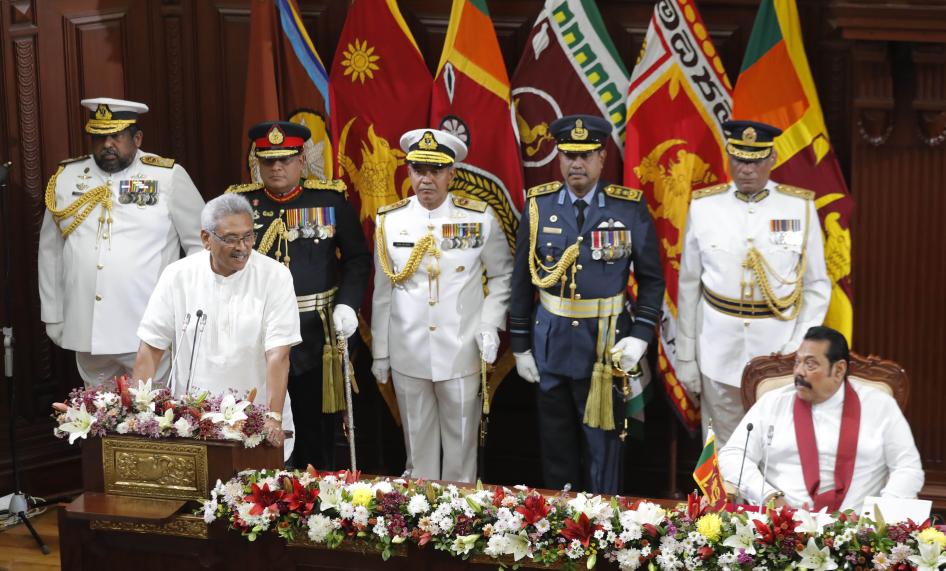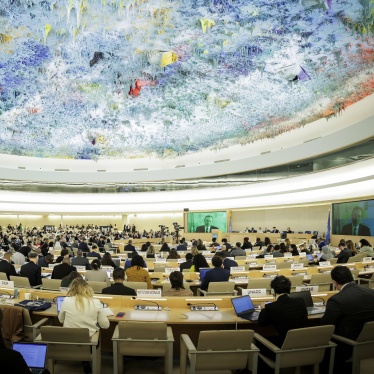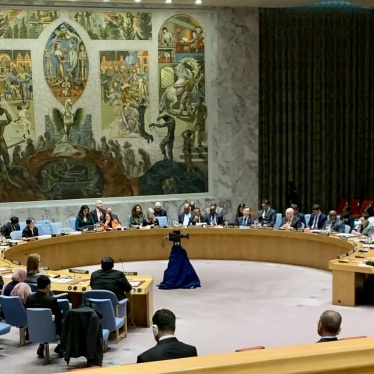It is 11 years since tens of thousands of civilians were killed in the final months of Sri Lanka’s civil war. Both parties to the conflict committed war crimes and other abuses for which no one has been held to account.
For nearly a decade this Council has engaged Sri Lanka, including landmark consensus resolutions since 2015 to support a national process of accountability and reconciliation. Last year, soon after Gotabaya Rajapaksa was elected president, the Sri Lankan government renounced those commitments. It has repeatedly shown bad faith, appointing those implicated in war crimes to positions of authority. It has pardoned one of the only few soldiers ever convicted by a national court for the massacre of civilians. It has denied security force intimidation of victim groups and activists bravely engaging with this Council, and adopted discriminatory policies against the Tamil and Muslim minority communities. Among those are the cruel and medically unjustified policy of forced cremation of Muslims, contrary to their religious practice, who die with Covid-19.
Sri Lanka has announced yet another commission of inquiry in an apparent attempt to mislead the Council that a viable domestic process exists. Seventeen Special Procedures recently pointed out that Sri Lanka has a long history of commissions of inquiry “established to deflect international pressure, …[which] have been strongly criticized for their weak mandates, lack of independence, lack of resources, procedural opacity, poor collaboration from the government, … and the overall lack of implementation of their recommendations.”
Just this week, the Foreign Minister addressed the Council, denying international crimes, rejecting the Council’s resolutions, and dismissing the High Commissioner’s report as a “propaganda campaign.” No-one can seriously believe the government has any intention of pursuing justice.
The High Commissioner, in her devastating report, rightly characterized Sri Lanka as being “in a state of denial,” unable and unwilling to address its past, with direct impact on its present and future.
Now activists, victim families, even those Sri Lankan officials who have sought justice, are at risk. Lawyers have been arbitrarily detained. Protesters calling for this Council to take action have been summoned by the police.
The Council should give effect to the High Commissioner’s recommendations by advancing international accountability for grave crimes and acting to prevent further abuses. As the High Commissioner states, the international community failed the people of Sri Lanka in the past; it cannot afford to do so again.








